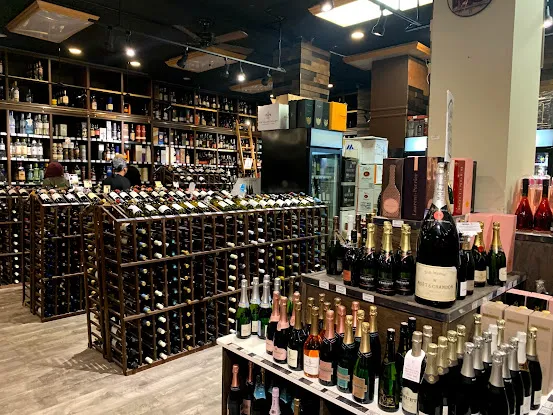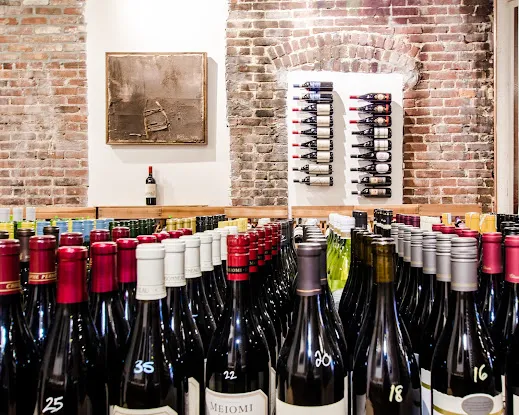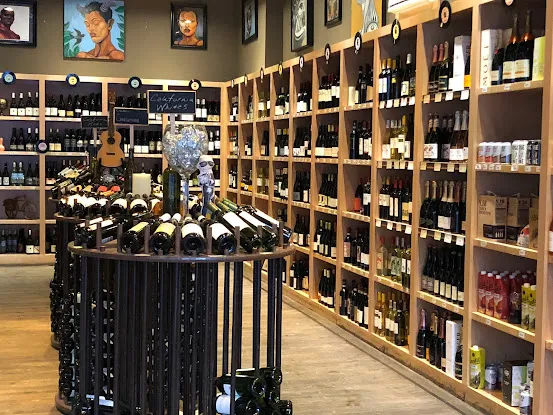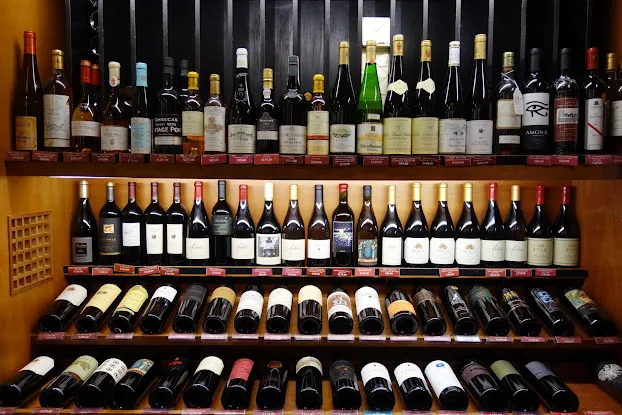Alcohol retail monopoly Upper West Side Manhattan
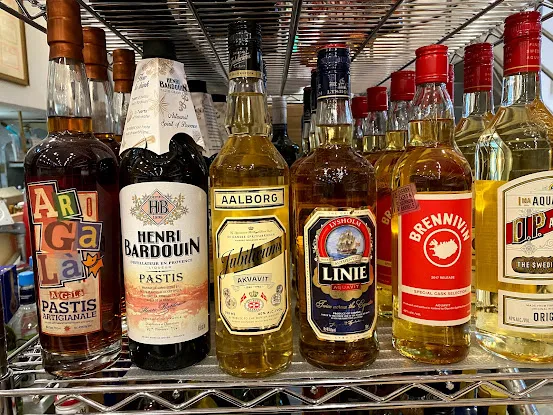
67Wine Since 1941 - Better Wine Better Prices Superior Staff
Upper West Side Manhattan
@68 Street 179 Columbus Ave New York, NY 10023 United States
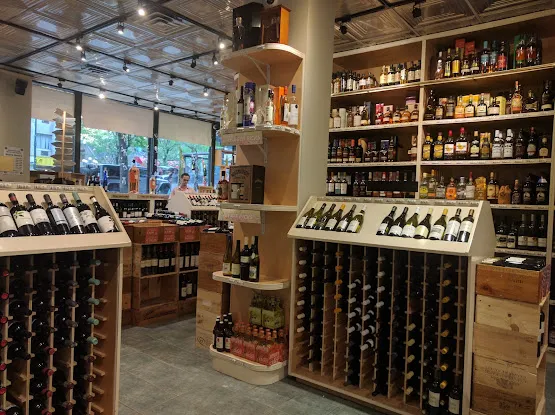
Columbus Avenue Wine & Spirits
Upper West Side Manhattan
730 Columbus Ave New York, NY 10025 United States
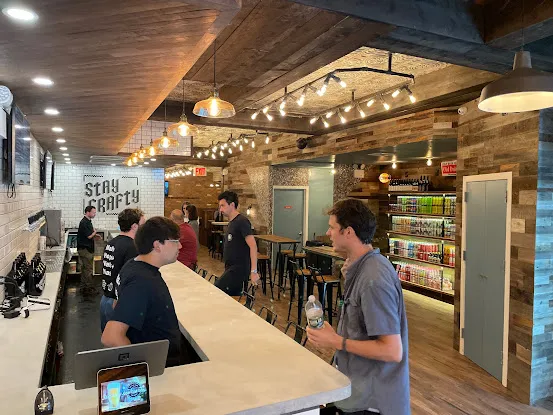
Craft+Carry Upper West Side
Upper West Side Manhattan
466 Amsterdam Ave New York, NY 10024 United States
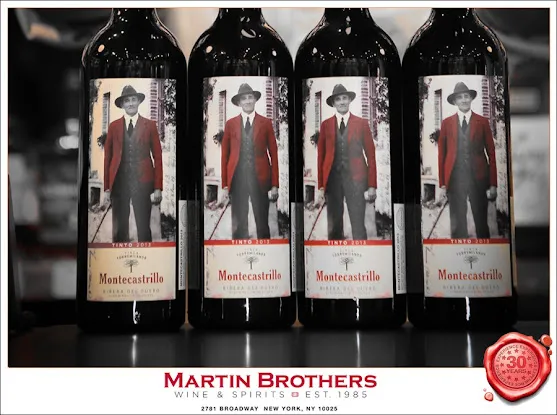
Martin Brothers Wine & Spirits
Upper West Side Manhattan
2781 Broadway New York, NY 10025 United States
The Alcohol Retail Monopoly in Upper West Side Manhattan
The Upper West Side of Manhattan is not just famous for its stunning architecture and cultural landmarks; it also has a unique landscape when it comes to the sale of alcohol. In this vibrant neighborhood, the alcohol retail market is dominated by a select few stores, creating what many refer to as an alcohol retail monopoly. This situation has significant implications for both residents and visitors.
One of the key factors contributing to this monopoly is the strict licensing regulations imposed by the city. In Manhattan, particularly in the Upper West Side, the number of liquor licenses available is limited. This scarcity often leads to a concentration of alcohol retailers, which can create a monopoly-like environment. Many small businesses find it challenging to compete, as the established retailers have already captured a significant share of the market.
This monopoly affects not only the pricing of alcoholic beverages but also the variety available to consumers. With fewer stores to choose from, residents may find that their options are limited. For instance, if you’re looking for a specific craft beer or a unique wine, the choices might be less diverse than in other neighborhoods. As a result, consumers may need to rely heavily on the few retailers that dominate the market.
Additionally, the Upper West Side has a unique demographic that influences the alcohol retail scene. The neighborhood is home to a mix of young professionals, families, and long-time residents, each with distinct preferences when it comes to alcohol. This diverse customer base means that the monopolistic retailers must cater to a wide range of tastes and budgets, often leading to a focus on popular, mainstream brands rather than niche products.
Despite the challenges posed by this monopoly, there are opportunities for change. For example, community engagement is essential. Residents can advocate for more liquor licenses to encourage new retailers to enter the market. This, in turn, could enhance competition and provide consumers with a broader selection of beverages. Moreover, local government can also play a role by reviewing licensing policies to ensure a more equitable market.
In conclusion, the alcohol retail monopoly in Upper West Side Manhattan presents both challenges and opportunities. While the limited number of retailers can restrict consumer choices and inflate prices, proactive community involvement and policy adjustments could pave the way for a more competitive market. For more insights on local businesses and their impact on the community, visit www.manhattan-nyc.com.
